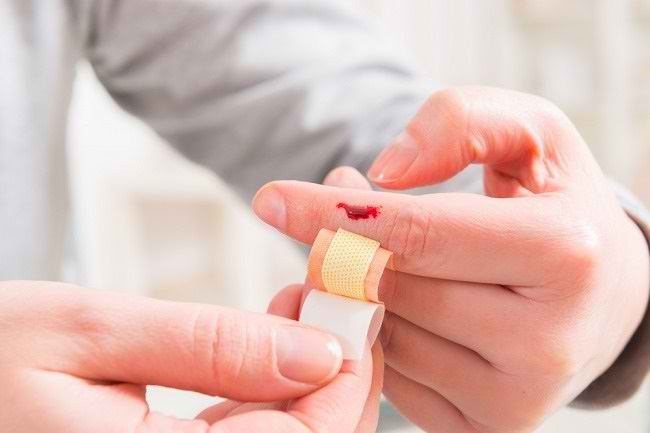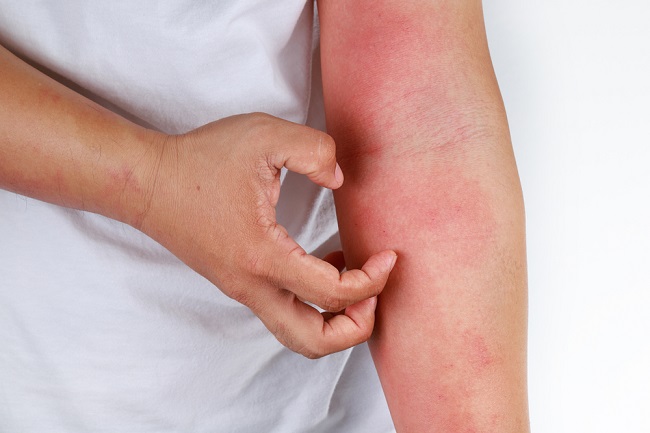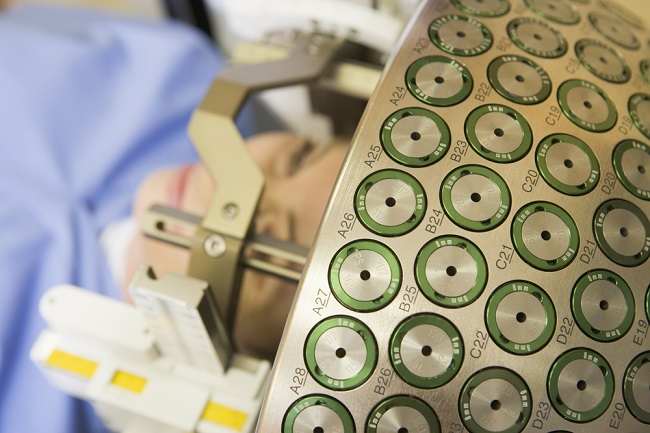Heart surgery is one of the major surgeries. Therefore, it is important to know the correct treatment after surgery to prevent possible complications and speed up the recovery process.
The length of the recovery process from heart surgery can vary from patient to patient. However, the recovery period usually lasts 6–8 weeks.

To speed up the recovery process, your doctor will advise you on what to do after heart surgery.
Care After Heart Surgery
The following are some of the things you need to do after undergoing a heart surgery procedure:
1. Avoid clothes that are too tight
You are advised not to wear clothes that are too tight for a while. This is because tight clothing can press and rub against the surgical incision scar, which can slow down the wound healing process.
2. Not bathing by bathing
During the recovery period after heart surgery, you are not advised to take a bath by bathing. Also, avoid bathing in water that is too hot or too cold.
3. Get plenty of rest
One of the effects after heart surgery is difficulty sleeping well. This can happen because you feel pain in the area of the operation.
To overcome this, you can take painkillers prescribed by your doctor about 30 minutes before bedtime or do calming activities, such as listening to music or reading a book.
In addition, avoid caffeinated drinks that can make it difficult for you to sleep, such as coffee, tea, and soft drinks.
4. Not driving a motorized vehicle
You are not advised to drive a car or motorbike for 1.5–2 months after surgery. This is because the effects of drugs taken during the recovery period can interfere with concentration or cause drowsiness.
5. Eat nutritious food
Your appetite may decrease after undergoing heart surgery. However, you still have to follow a healthy diet to help the healing process, such as eating heart-healthy foods that are low in fat and salt.
Not only speeding up healing, a healthy diet can also reduce the risk of having a heart attack or undergoing further heart surgery in the future.
6. Not having sex
The doctor will also advise you not to have sex for at least 6 weeks after undergoing treatment in the hospital. However, this depends on your condition.
You can return to sex if you feel comfortable and the postoperative wound has started to heal. However, you are advised to consult a doctor about this to be safer.
7. Don't work too hard
In general, a person who has recently had heart surgery takes about 2-3 months before being able to work again. However, if the work you are doing does not require a lot of physical activity, you can usually be allowed to return to work 6–8 weeks after heart surgery.
8. Do not lift heavy objects
You are not allowed to lift, push, or pull objects that are too heavy after heart surgery. It aims to speed up the recovery of the sternum.
In addition to the things above, during the first 6 weeks after heart surgery, your doctor can give you permission to do some light activities, such as cooking, walking, watering plants, and washing dishes. However, these various activities still have to be done slowly.
Caring for Incision After Heart Surgery
During the recovery period, you should be careful when cleaning the incision area to speed healing and prevent infection. The following are some ways to treat wounds after heart surgery:
- Wash your hands before touching the incision area after heart surgery.
- Post-operative cardiac incisions do not always have to be bandaged, but they should always be dry and clean. If bleeding occurs, immediately inform the doctor.
- Gently clean the wound area with a non-perfumed soap, such as baby soap, then rinse with warm water.
- Avoid applying creams, powders, or ointments to the wound area, unless it is prescribed by a doctor
- Keep the postoperative incision away from sun exposure for at least the first year, because the wound is prone to damage sunburn and darkens when exposed to sunlight.
Itching, pain, numbness, or the appearance of a lump in the wound area is normal. Over time, this condition will go away on its own.
However, contact your doctor immediately if the complaint is accompanied by fever or the wound area increases in swelling, pain, pus, and becomes red. This can be a sign of infection in the heart surgery wound. In this way, proper treatment can be carried out.









